|
Getting your Trinity Audio player ready...
|

Education Minister Erica Stanford says thousands more high school students are passing the foundational literacy and numeracy assessments required for NCEA, which is clear evidence the Government’s relentless focus on the basics is delivering results.
“The latest NCEA co-requisite assessment results show a marked improvement in student achievement in numeracy and reading, especially in year 10 for those sitting the assessments for the first time,” she says.
“The Government’s $2.2 million investment in 2024 to provide targeted support to students in 141 lower decile schools has resulted in more students achieving assessments.”
Numeracy:
- 57 per cent of students achieved the standard across all year levels – up from 45 per cent in May, 2024.
- 68 per cent of year 10 students passed the numeracy assessment, 95 per cent of whom were sitting it for the first time.
- 34 per cent of students in lower decile schools passed the numeracy assessment in May, 2025 compared to 19.8 per cent in May, 2024.
Reading:
- 61 per cent of students achieved the standard across all year levels – up from 58 per cent in May, 2024.
- 72 per cent of year 10 students passed the reading assessment, over 95 per cent of were first time participants.
- 41 per cent of students in lower decile schools passed the reading assessment in May, 2025, compared to 34 per cent in May, 2024.
Writing:
- 55 per cent of students achieved the standard across all year levels – holding steady from May last year.
- 66 per cent of year 10 students passed the writing assessment, 95 per cent of whom were sitting it for the first time.
- 35 per cent of students in lower decile schools passed the reading assessment in compared to 34 per cent in May, 2024.
More than half of this year’s year 12 students who didn’t meet the co-requisite while in year 11 last year have now achieved it, and about a third of these students will be awarded NCEA Level 1.
This takes the pass rate for NCEA Level 1 in 2024 from 71.5 per cent to 79.6 per cent.
“These early improvements are the result of a comprehensive reform package focused on lifting academic achievement,” Stanford says.
“We’ve introduced a new year-by-year, knowledge-rich and internationally benchmarked English and maths curriculum, restored a focus on structured literacy and structured maths, and provided schools with hundreds of thousands of high-quality resources, including over 830,000 maths textbooks, workbooks and teacher guides.
“We’re investing significantly in teacher professional development, mandated an hour a day of reading, writing and maths and banned the use of cell phones in schools to ensure every student gets the focused instruction they deserve.
“While these results are positive, there are still too many students who don’t have the fundamental literacy and numeracy skills they need to thrive.
“That’s why this Government is unapologetically reforming the education system to prioritise improving student outcomes.
“As our back-to-basics approach beds in, more children will be better equipped when taking these assessments in the future.”



